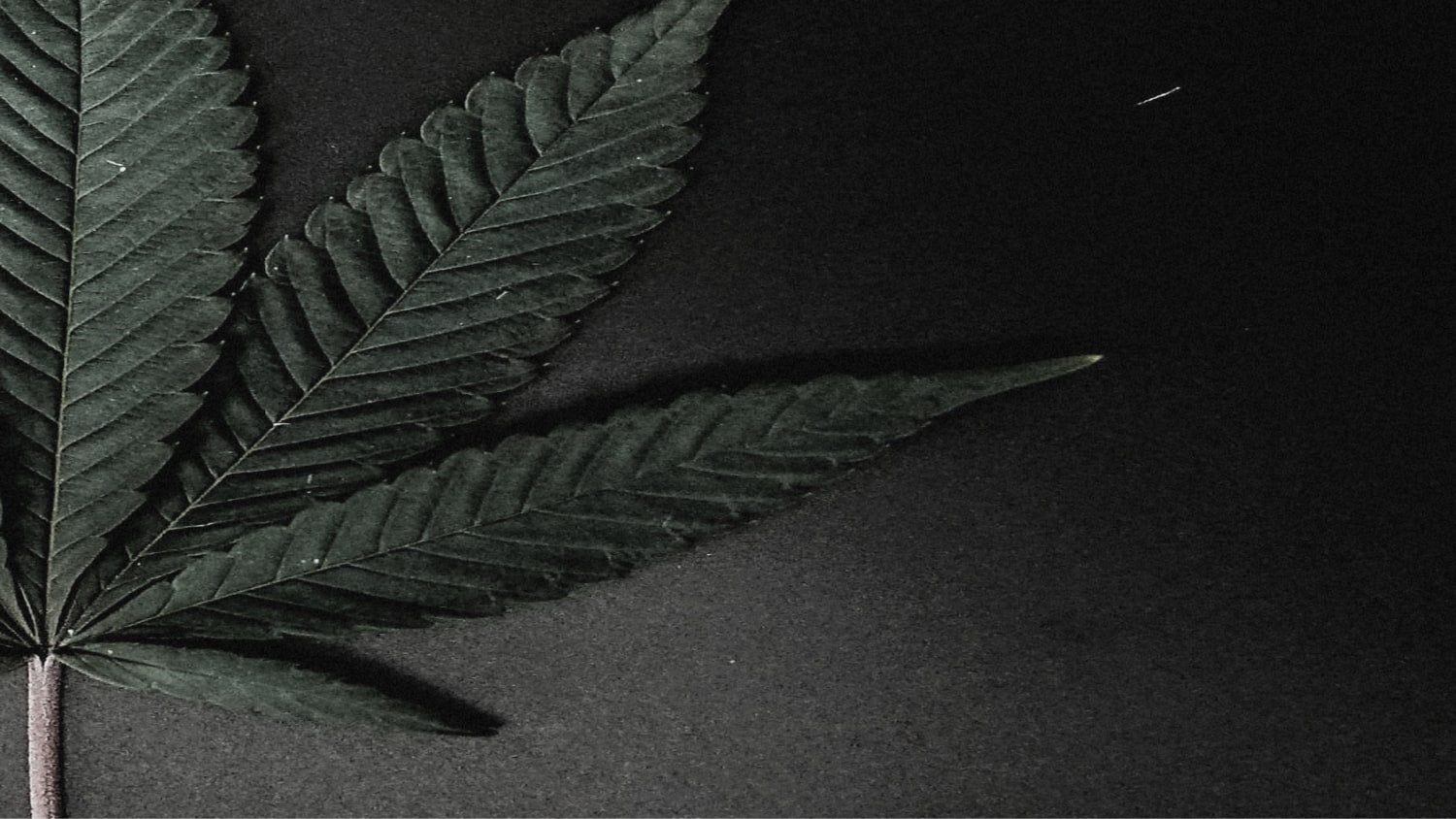
Since the fourth decade of the 20th century, delta 8 THC, a psychoactive substance from the cannabis plant, has been the subject of intense studies to discover its peculiar therapeutic properties. This search has been aimed at exploring, mainly, its virtues to relieve chronic pain associated with various pathologies.
It has also been determined that this cannabinoid has the ability to promote appetite and promote sleep. However, since it is a product with restricted use, it must be used under medical prescription and choosing the method of ingestion very well, so as not to put health at risk.
The properties, benefits and uses of delta 8 THC are analyzed below, as well as the side effects it can produce.
What is delta 8 THC? Properties
Delta 8 Tetrahydrocannabinol or delta 8 THC is considered a minor cannabinoid that is extracted from the cannabis plant. It has a lower psychoactive load than delta 9 THC.
Because it is not found in high amounts in the cannabis plant, it is made primarily from cannabidiol, which is obtained from the hemp plant.
Properties of delta 8 THC
Delta 8 THC has the following properties:
-
Appetite stimulant. It has the ability to stimulate appetite.
-
Anxiolytic. Helps reduce anxiety and contributes to relaxation.
-
Antiemetic. It is used to prevent vomiting.
-
Analgesic. Its composition is effective in relieving pain, such as those produced by chronic neuropathies.
-
Neuroprotective. It benefits cognitive functions and memory.
How does delta 8 THC work?
Although delta 8 THC can produce a picture of euphoria and happiness, its psychoactive effect is milder and less powerful than that produced by delta 9 THC, so mental alertness is not affected by its consumption.
TheCANNA Foundation, dedicated to informing and educating the public about cannabis, its derivatives and their uses, explains how delta 8 THC interacts with the endocannabinoid system, which is involved in physiological processes such as the body's immune response, the regulation of perception of pain, cardiovascular, gastrointestinal and hepatic functions.
This system has two main receivers, which are the CB-1 and CB-2. Well, according to the Canna Foundation, delta 8 THC binds to CB-1 receptors, responsible for regulating the psychoactive effects of cannabinoids, producing a moderate relaxation effect, without generating much anxiety.
How do you get delta 8 THC?
Delta 8 THC is obtained using a fractional distillation of cannabis flowers. To get this cannabinoid in a state of purity, it is isolated by means of temperature variations, aspiration and the use of special laboratory equipment.
Cured cannabis buds are known to have a higher concentration of delta 8 THC. And when processed using a rotary distiller, the delta 9 THC molecules are first isolated, then converted to delta 8 THC by adding an alumina silicate acid and applying heat.
Delta 8 THC Benefits
Delta 8 THC as a psychoactive substance can bring some therapeutic benefits.
Many scientific studies carried out in different parts of the world have shed light on its advantages for the treatment of some diseases, although it is still the subject of continuous research in order to establish its curative virtues and its reliability as a treatment.
Below are some of the benefits attributed to the use of delta 8 THC.
eases the pain
It can help reduce pain and inflammation. Thanks to its ability to bind with the CB1 receptors of the endocannabinoid system, which are present in the brain and nervous system, it exerts an analgesic action.
Some doctors claim that it can decrease severe pain associated with diseases such as multiple sclerosis.
Inhibits vomiting and nausea
The physiology of vomiting and nausea involves both the brain and the gastrointestinal system and the nervous system, therefore, to control the symptoms, it is necessary to act on the receptors found in those parts of the body, which produce and are bind with serotonin.
The effectiveness of delta 8 THC as an antiemetic is due to the fact that it connects to the CB1 and CB2 receptors, thereby relieving nausea and vomiting.
This substance can provide relief to cancer patients suffering from nausea caused by chemotherapy or radiation therapies. In this regard, Dr. Raphael Mechoulam carried out a study in 1995 in association with the Shaare Zedek Hospital and the Hebrew University of Jerusalem, administering delta-8 THC to 8 children between 3 and 13 years of age, who suffered from different hematological cancers. .
The result of this study revealed that vomiting was completely eliminated in these patients, with mild side effects.
How to use delta 8 THC?
The delta-8-THC products that exist on the market must be used with extreme caution and responsibility, and it is best to have the endorsement of a health professional before starting to use them.
Although many people resort to vaping or smoking it to achieve a faster effect, it should be noted that this form of consumption is not the best for health, therefore, the topical application of delta 8 THC is considered the safest method for use it.
Other presentations are sublingual tinctures or in the form of gummies and chocolates.
Delta 8 THC Side Effects
It has been shown that oral consumption of delta 8 THC makes people more likely to experience side effects than if they use other methods of ingestion.
On the other hand, delta 8 THC can present interactions with medications, such as anticoagulants, antidepressants and anxiolytics. It can also cause these side effects in some people:
-
dry mouth
-
Fatigue
-
eye redness
All of the above underlines the need to use delta 8 THC under strict medical prescription, in this way negative consequences for its use will be avoided.
research sources
https://pubmed.ncbi.nlm.nih.gov/34247877/
https://www.fundacion-canna.es/
https://pubmed.ncbi.nlm.nih.gov/34797727/
https://pubmed.ncbi.nlm.nih.gov/35523678/
https://pubmed.ncbi.nlm.nih.gov/34980292/


